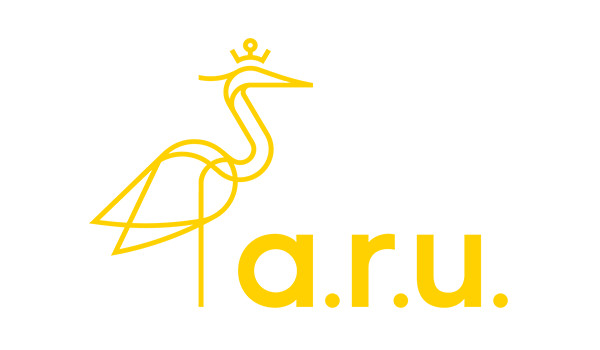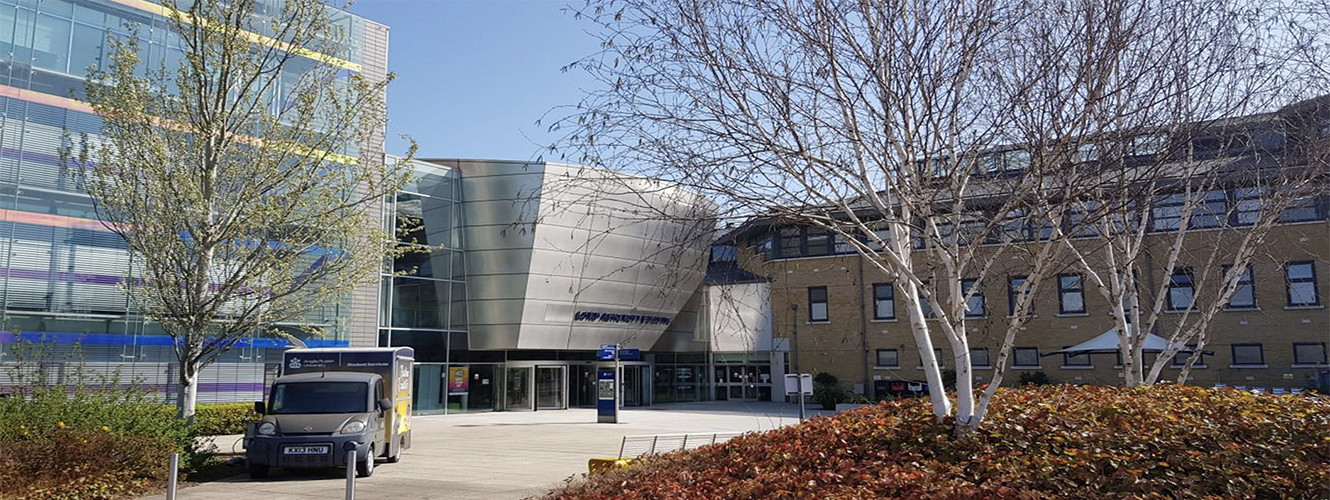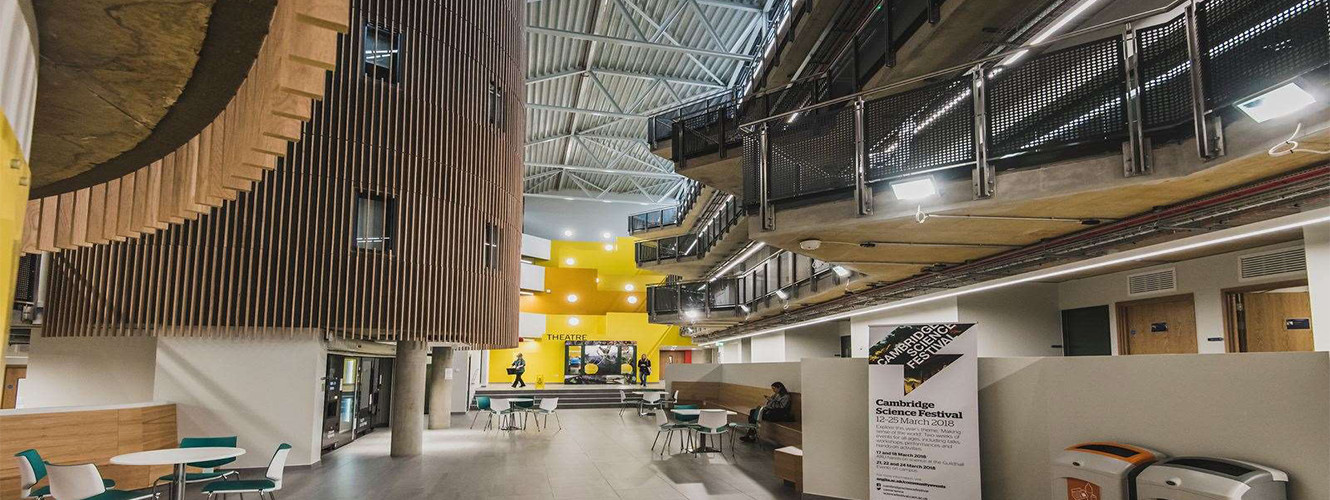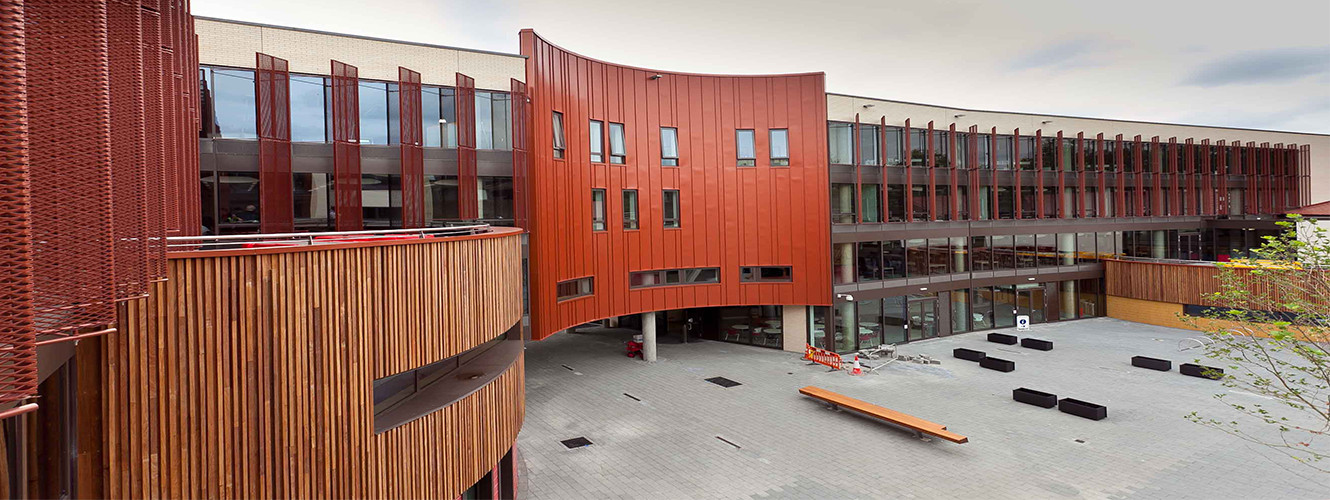UK108 MSc Animal Behaviour Applications for Conservation Anglia Ruskin University
-
THÔNG TIN CHUNG
Recent developments in conservation biology have emphasised the need for conservation scientists to utilise knowledge and practical skills from animal behaviour research to enable us to develop effective solutions to the loss of biodiversity. If you are passionate about animals and their conservation, our exciting Masters course will provide you the opportunity to develop the skills and knowledge necessary for a career in animal conservation. Through consultation with international conservation organisations our Masters course has been designed to equip graduates with practical and analytical skills that can be applied to solve real world conservation problems.
Our course begins with intensive technical training in animal behaviour. This is coupled with a Behavioural Ecology and Conservation module, in which you will learn how to select and apply animal behaviour techniques to best effect in many different settings.
During the course, you'll have opportunities to learn more about the methods used in modern conservation, including advanced laboratory techniques, satellite tracking, GIS, stable isotope analysis, DNA analysis and field techniques. You can also choose to go on an exciting residential field trip (usually in Borneo, but this may vary) to explore the issues central to wildlife conservation in situ. Alternatively you may wish to choose to further develop your theoretical and practical skills in the application of DNA technologies, which are widely used in modern conservation and animal behaviour research.
The final stage of your course will be to undertake your own major research project with guidance and support from tutors who are world-class researchers in global change ecology, animal behaviour and welfare, and conservation genetics and evolution.
-
CƠ HỘI NGHỀ NGHIỆP
Our graduates build successful careers in many roles including conservation biologist, scientist or curator at a zoo, conservation educator, ecotourism or environmental consultancy. A number of graduates also go on to study for a PhD. As a conservationist you can choose work with many organisations, from private companies to NGOs and government departments. You're also in the perfect position to continue your academic career and move up to our Animal and Environmental Sciences PhD.
- ĐIỀU KIỆN ĐẦU VÀO
- ĐIỀU KIỆN NGÔN NGỮ
- HỌC BỔNG
- ĐỊA ĐIỂM
Tóm tắt
-
Phí ghi danh
0
-
Độ dài khoá học
1 năm
-
Kỳ nhập học
Tháng 1
Tháng 9
Phí Cơ Bản
-
Loại Tiền
-
Học Phí
Trên năm -
Phí Sinh Hoạt
Trên năm -
Tổng






